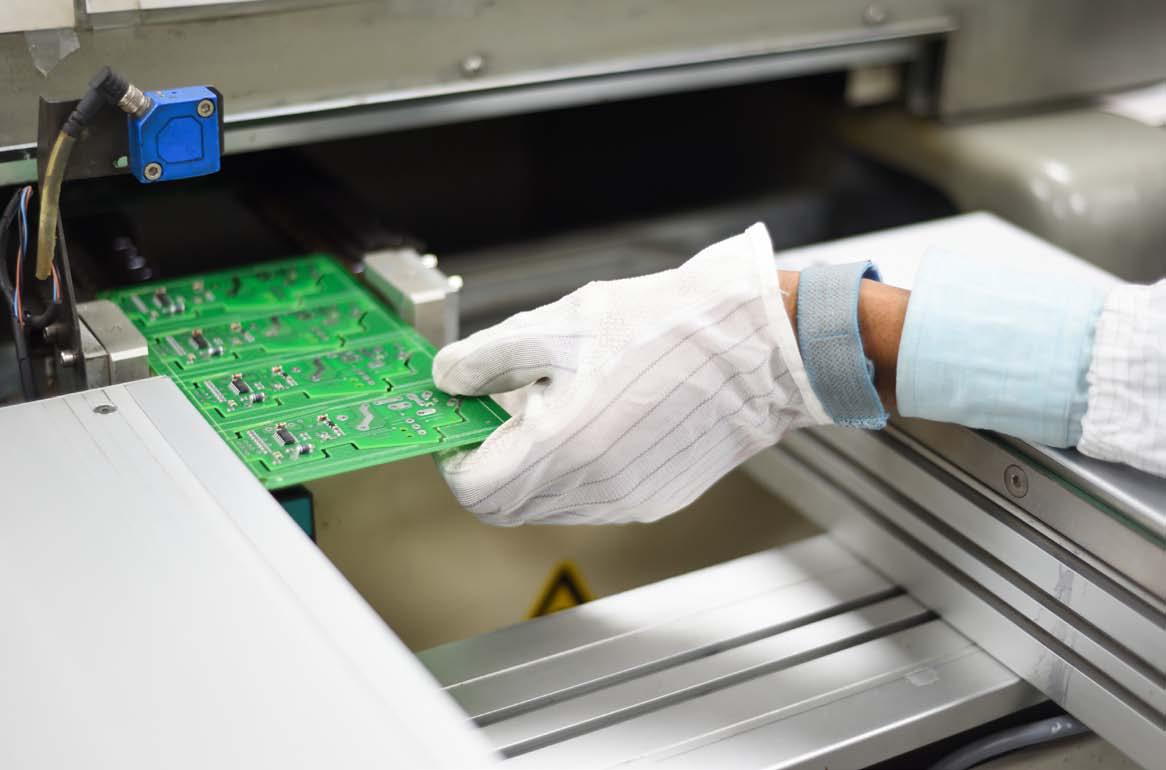
The media has long been a powerful tool in shaping government policy, which makes it essential for research and reporting to remain unbiased. When prominent outlets publish stories citing unnamed ‘industry experts,’ all seemingly aligned in the same direction, it inevitably raises concerns.
India’s electronics industry has already suffered the effects of policies influenced by those with limited investment in its long-term growth. Now, as the sector sees fresh opportunities, it is critical to ensure that past mistakes are not repeated.
The article in question, published by a leading business daily, raised doubts about whether it was based on thorough research or aimed at steering policy in a particular direction. It suggested that EMS firms (electronics manufacturing services, or contract manufacturers) provide significantly more employment than electronics component manufacturers—for every 10 million invested. The responsibility for this claim was attributed to anonymous ‘industry executives,’ with further suggestions that the government of India might use these findings to justify offering more subsidies or incentives to EMS firms over component manufacturers.
This raises the possibility of policy influence.
Yet, the article failed to name these industry executives or provide their credentials. They could just as easily be PR or marketing professionals with vested interests in shaping these decisions.
Were any counterarguments presented? No.
Dismissing such claims outright without a thorough investigation, however, would not align with responsible journalism. Instead, the Electronics For You team—Nijhum Rudra, Nitisha Dubey, and Yashasvini Razdan—consulted industry sources. To ensure an unbiased approach, representatives from both EMS firms and component manufacturers were interviewed, along with leaders from various trade associations, many of whom represent both sectors.
Esta historia es de la edición October 2024 de Electronics For You.
Comience su prueba gratuita de Magzter GOLD de 7 días para acceder a miles de historias premium seleccionadas y a más de 9,000 revistas y periódicos.
Ya eres suscriptor ? Conectar
Esta historia es de la edición October 2024 de Electronics For You.
Comience su prueba gratuita de Magzter GOLD de 7 días para acceder a miles de historias premium seleccionadas y a más de 9,000 revistas y periódicos.
Ya eres suscriptor? Conectar

TRULY INNOVATIVE ELECTRONICS -INNOVATION UPDATES
Amongst numerous press releases of new products received by us, these are the ones we found worthy of the title Truly Innovative Electronics

Elastomer enhancing smart wearable performance
A high-tech, flexible wearable device made from the innovative elastomer material

Nanotechnology based noninvasive cancer diagnostics
Nanoflake sensors built from indium oxide with platinum and nickel detect changes in isoprene

Space communication with silent amplifiers
In the new communication system from researchers at Chalmers University of Technology, in Sweden, a weak optical signal (red) from the spacecraft's transmitter can be amplified noisefree when it encounters two so-called pump waves (blue and green) of different frequencies in a receiver on Earth.

Advancements in TOPCon solar cells
The structure and performance of tandem devices with highly passivated TOPCon bottom cells

Quantum leap in magnetism refines superconductors
Rice University physicists have uncovered key magnetic and electronic properties in kagome magnets, structures resembling basket-weaving patterns.

Sensor targets food antioxidants
A research team from Hunan City University and Xiangtan University in China has developed a sensor for detecting TBHQ, a food antioxidant used in oils and fats, addressing health concerns at high concentrations.

Data sensing with repurposed RFID tags
UC San Diego researchers have advanced passive data collection with a breakthrough in battery-free sensing.

Seal-inspired sensors to safeguard offshore wind farms
Schematic structure of the seal whisker-inspired flow sensors

Artificial nose identifies scents accurately
Artificial nose identifies scents accurately